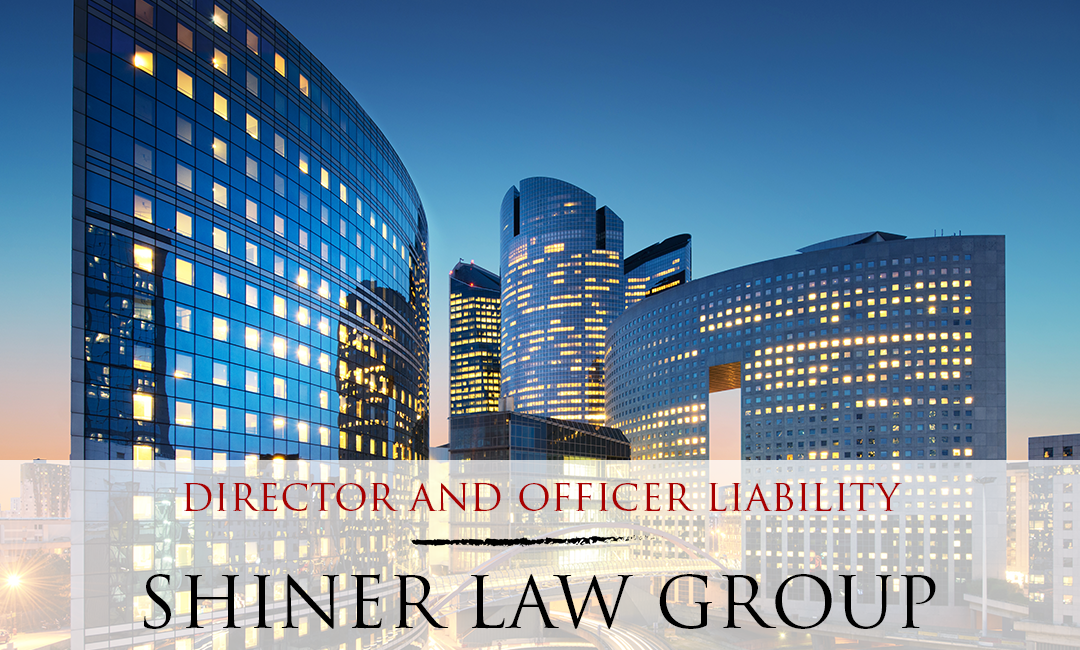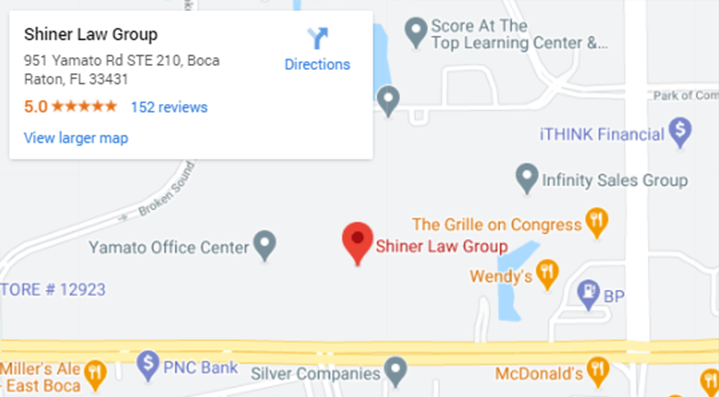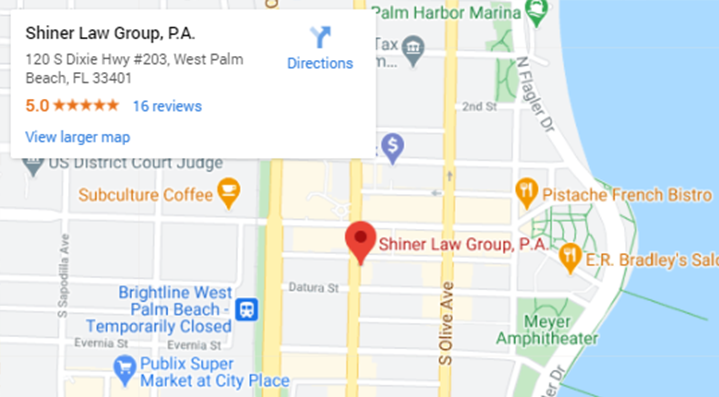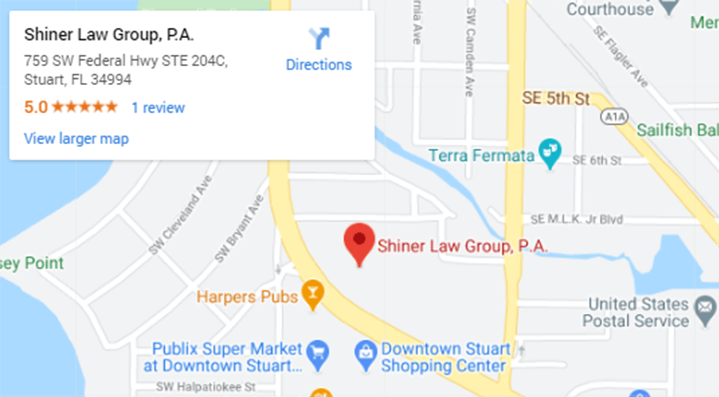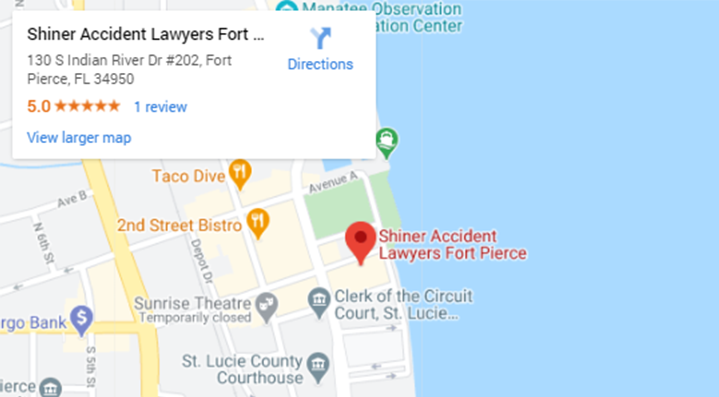Director and Officer Liability
Directors and officers liability insurance or D&O liability insurance covers payment of claims and defense costs if officers or directors of a company are sued for wrongful acts. Businesses purchase this coverage to ensure that the personal assets of the directors and officers working for them are protected. With a D&O coverage in place, companies can attract strong leaders and look more appealing to venture capitalist who often require this type of coverage before investing.
D&O liability insurance isn’t included in a business owner’s policy, but you can ask the insurance provider to add the coverage.
What D&O Liability Insurance Covers
Directors and officers liability insurance covers settlement, legal fees, and other charges if a lawsuit is brought against the officers and directors of a company. Directors and officers may be held liable by an employee or other parties for breaching their fiduciary duty. A D&O insurance policy also provides coverage to the company if it needs to indemnify its directors or/and officers.
This particularly liability coverage can protect directors and officers against lawsuits brought on due to a number of reasons including, but not limited to:
- Fraud
- Misuse of company funds
- Intellectual property theft
- Lack of corporate governance
- Misrepresentation of the company’s assets
- Breach of fiduciary duty
- Not complying with the laws of the workplace
Directors and officers may be personally sued by customers, investors, vendors, and employees. Exactly which business personnel are covered depends on the policy’s level of protection. For example, D&O liability insurance coverage can be expanded to include management liability insurance. This cover the corporation and personal liabilities for directors and officers.
Types of Directors and Officers Liability Insurance
Directors and officers liability insurance offers protection for several individuals on behalf of one entity (the company, in most cases). This means that D&O insurance coverage can work in different ways. The various types of D&O coverage are referred to as “sides”. A D&O insurance policy can have these three sides:
Side A
Side A coverage directly covers the directors and officers as well as employees of a company. For example, if any of your company’s board members are sued, the D&O policy might provide coverage for their settlement fees, defense costs, and judgments. This is mostly the case if the company cannot indemnify them.
Side B
Side B insurance covers the directors and officers indirectly. It compensates the company for insurance claims paid on behalf of the board members. For example, if a director in your company gets sued and you end up covering all their legal expenses, then you may be compensated for those expenses by the side B coverage.
Side C
Side C is called entity coverage and it covers a company in their own right if they are sued for something that’s not covered by the general liability insurance coverage. For example, if your corporation is prosecuted along with its director, then the Side C coverage may cover your corporation’s legal costs.
Are D&O and E&O the Same?
E&O insurance or error and omissions insurance are designed to protect businesses against allegations that they failed to provide a professional service or provided them in such a way that resulted in financial damage or other damages to a client. D&O coverage protects the company’s board members i.e. directors and officers while E&O coverage may protect any representative of a company and the company itself. D&O covers decisions that the management makes while E&O is applicable to individuals who directly provide goods and services to clients.
Claims that the E&O insurance may cover include:
- Malpractice
- Negligence
- Design flaws that cause damage to clients or tenants
- Financial damages to a client
What Isn’t Covered by the D&O Insurance?
Items that aren’t covered in insurance policies are called exclusions. The exclusions in the D&O coverage are illegal acts carried out intentionally. For example, fraud and embezzlement will are not covered by D&O insurance. Some other common exclusions of D&O coverage include:
- Decision made for personal profit
- Property damage and bodily injury
- Prior and pending litigation
- Late claim notice
D&O insurance coverage typically includes “shrinking limits” provisions. What this means is that the defense costs will reduce the limit of the policy.
Who Should Get D&O Insurance?
D&O insurance coverage is typically best for companies with high liabilities, businesses with a board of directors, and organizations that want to attract quality leadership. High-quality executives may expect D&O coverage as an important prerequisite before they consider joining a company.
These businesses should consider getting a D&O insurance coverage:
Private and Public Companies with a board of Directors
Umbrella insurance and general liability insurance don’t cover the liability of the board of directors of a company. So, D&O insurance should be there to cover them.
Companies with Large Liabilities
If a company owes over $1 million to creditors, it is important to have D&O insurance to protect the directors, the officers, and the business itself. Creditors can blame the leadership if they aren’t paid in full.
Nonprofit Organizations
Since the board of directors manages a nonprofit organization, all nonprofits should get D&O coverage if they wish to attract top-quality board members.
Certain industry types that usually buy D&O coverage include:
- Manufacturing
- Services
- Public administration
- Mining and construction
- Agriculture
All in all, the D&O coverage is important for any business that wants to protect their directors and officers. Large corporations aren’t the only companies that need this insurance. Smaller and growing businesses should also consider getting D&O insurance if they want to attract high-quality executive leadership.
If you’re ever denied a D&O claim by your insurance provider, seek legal help from the Shiner Legal Group Business & Commercial Lawyers to ensure that you are properly compensated.

